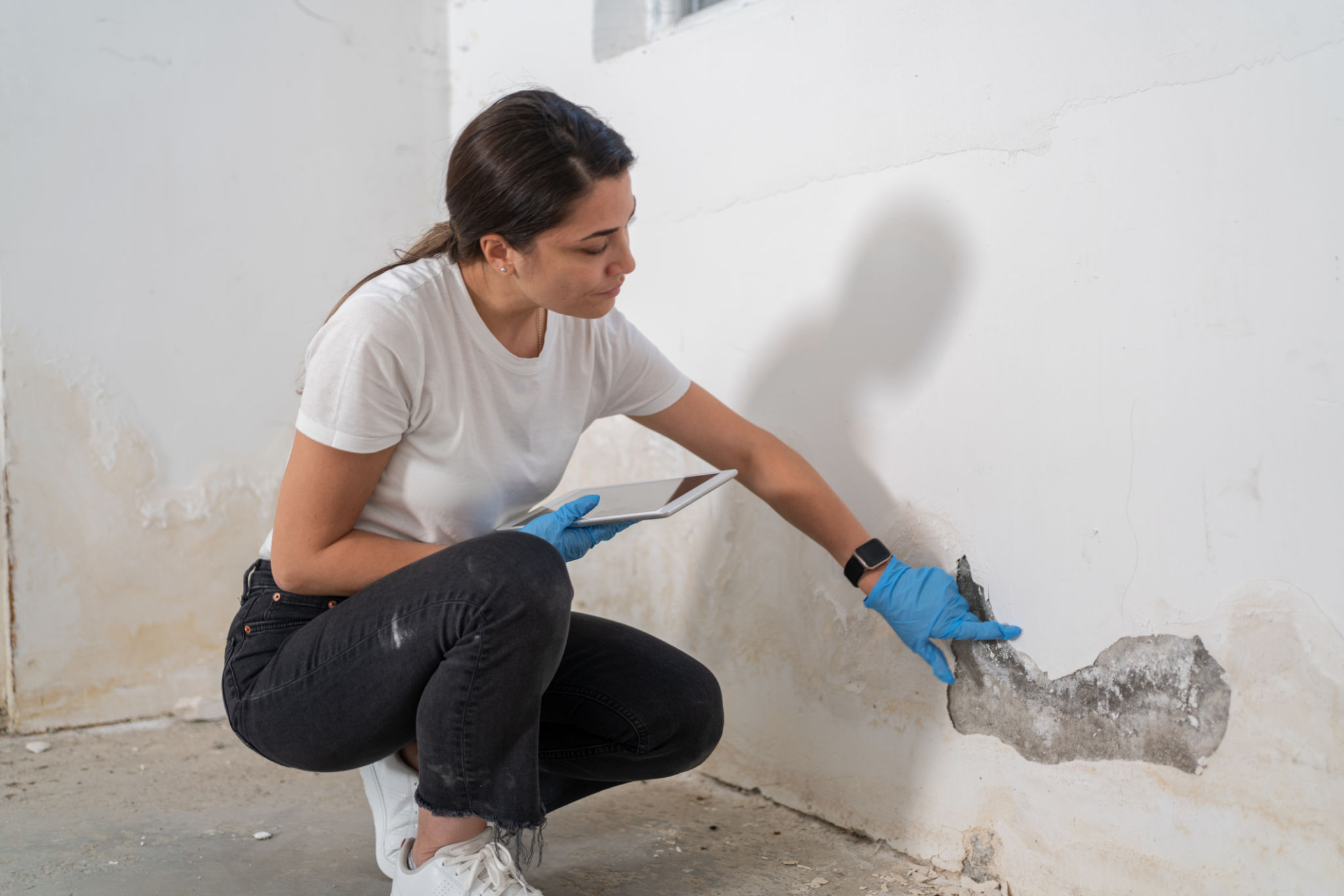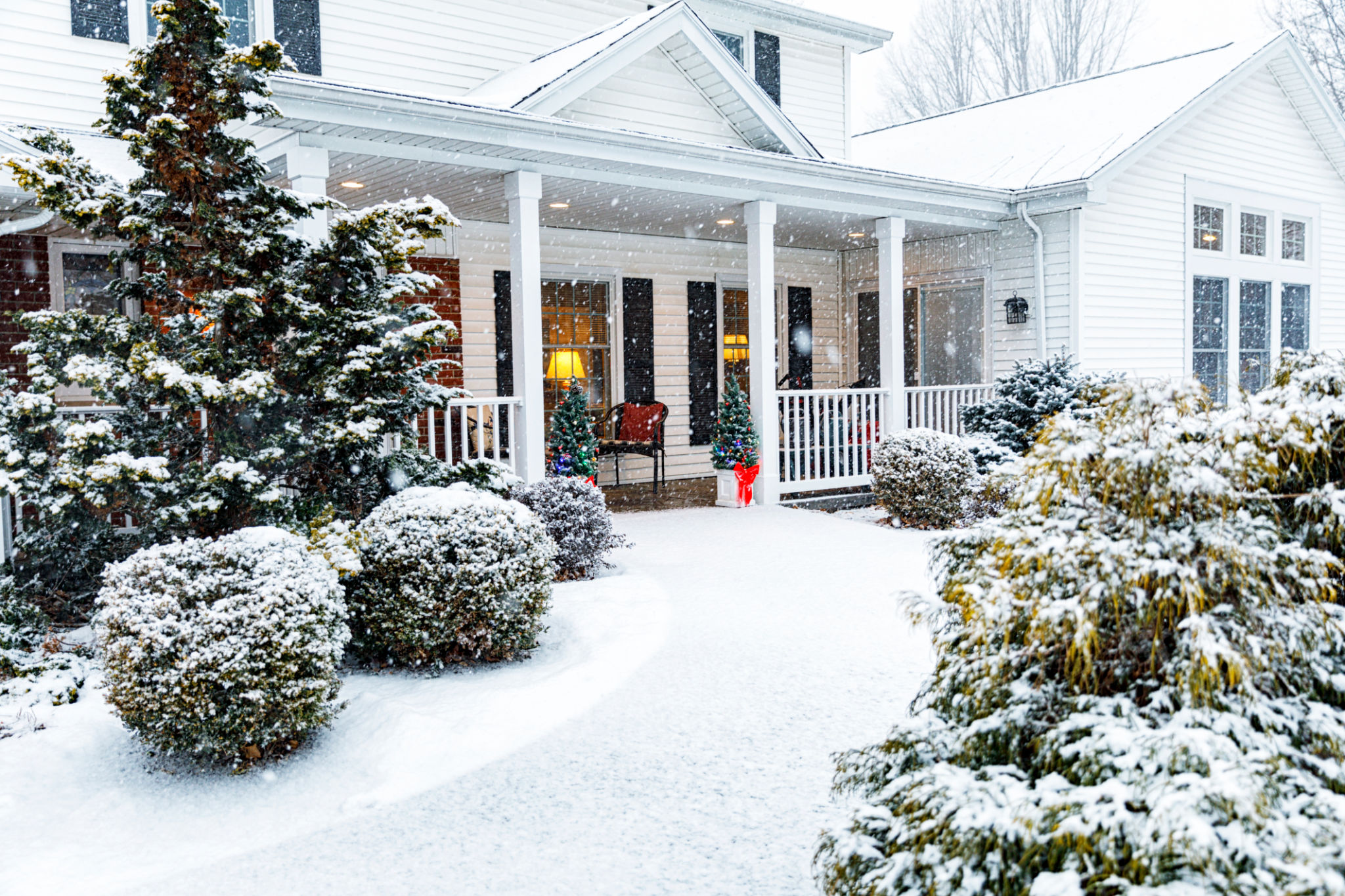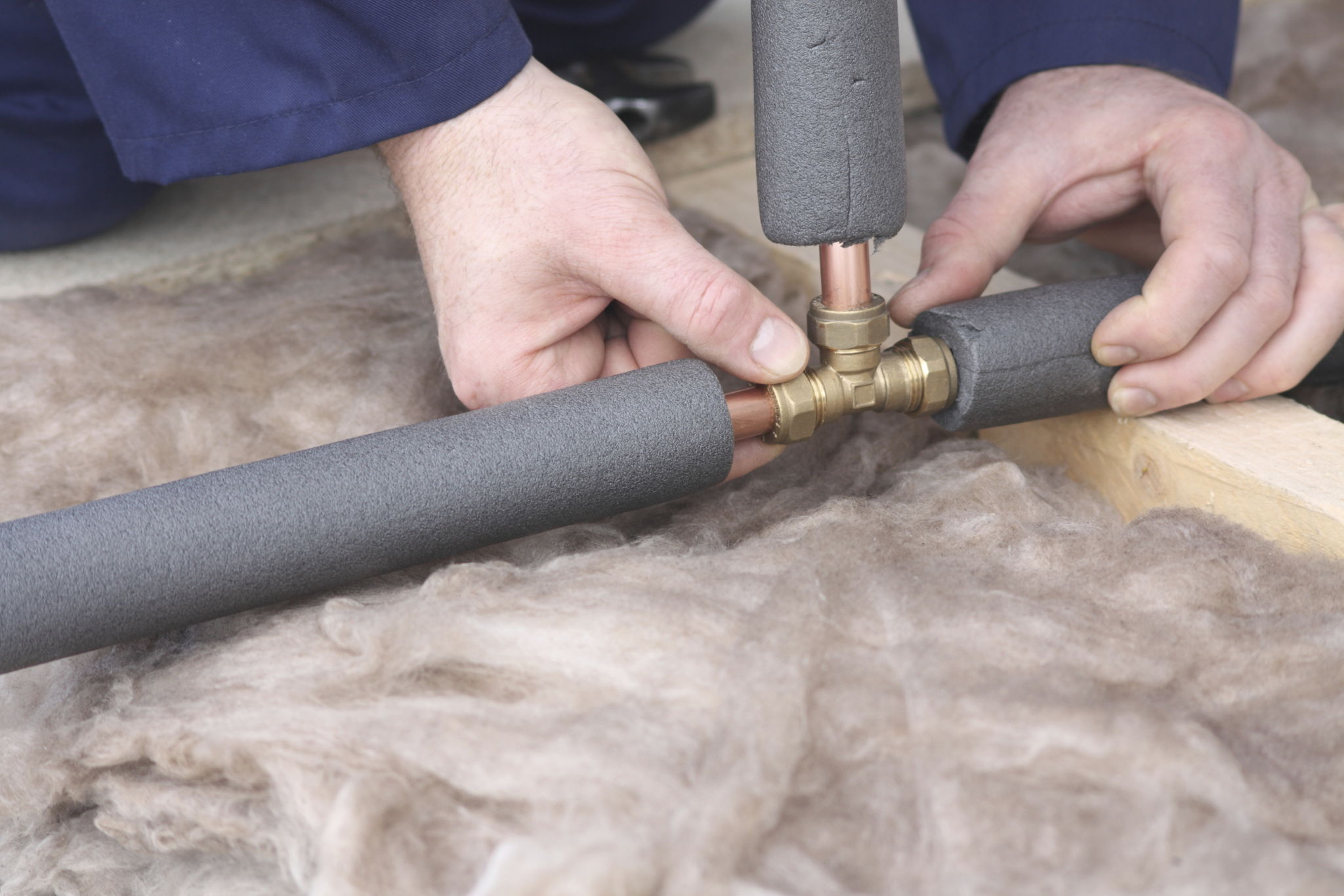Seasonal Property Management Tips: Preparing for Winter
Assessing Your Property's Exterior
As winter approaches, it's essential to evaluate the exterior of your property to ensure it can withstand harsh weather conditions. Start by inspecting the roof for any missing or damaged shingles. Addressing these issues early can prevent leaks and water damage during winter storms.
Next, examine the gutters and downspouts. Clear them of leaves and debris to ensure proper drainage. Blocked gutters can lead to ice dams, causing significant damage to your roof and walls. Additionally, trim any overhanging branches that could break and damage your property during heavy snow or ice accumulation.

Preparing Your Heating Systems
Ensuring that your heating systems are in optimal condition is crucial for keeping your property warm during the cold months. Begin by scheduling a professional inspection of your furnace or boiler. Regular maintenance can improve efficiency and prevent unexpected breakdowns.
Don't forget to replace air filters regularly to maintain good air quality and enhance system performance. Additionally, consider installing a programmable thermostat to help manage energy consumption and reduce heating costs.
Winterizing Windows and Doors
Windows and doors are common sources of heat loss in winter. To improve energy efficiency, inspect them for drafts or gaps. Use weatherstripping or caulking to seal any openings, keeping cold air out and warm air in.
Installing storm windows can provide an extra layer of insulation, reducing heat loss further. You might also consider using heavy-duty curtains or thermal drapes to keep rooms cozy and comfortable.

Maintaining Outdoor Spaces
Outdoor spaces require special attention as winter approaches. Drain and store garden hoses, and shut off outdoor water valves to prevent pipes from freezing and bursting. If you have a lawn irrigation system, ensure it's properly winterized to avoid damage.
For properties with driveways or walkways, stock up on de-icing materials like salt or sand. Keeping these areas clear of ice and snow is crucial for safety. Consider hiring a snow removal service if you anticipate heavy snowfall in your area.
Protecting Indoor Plumbing
Indoor plumbing can also be vulnerable to freezing temperatures. Insulate pipes in unheated areas such as basements or attics to prevent them from freezing. In extremely cold conditions, allow faucets to drip slightly to keep water moving through the pipes.

Know where your main water shut-off valve is located in case of an emergency. In the event of a burst pipe, acting quickly can minimize water damage.
Safety Preparations
Winter safety measures are equally important. Ensure that smoke detectors and carbon monoxide alarms are functioning correctly, with fresh batteries installed. These devices are vital for detecting potential hazards associated with increased indoor heating.
Create an emergency preparedness kit that includes flashlights, batteries, blankets, and non-perishable food items. Having a well-stocked kit can be invaluable during power outages caused by severe weather conditions.
Reviewing Insurance Policies
Lastly, review your property insurance policies to ensure you have adequate coverage for winter-related damages. Understanding your policy's terms can provide peace of mind if you face unexpected issues such as burst pipes or roof damage from heavy snowfall.
Contact your insurance provider if you have questions about coverage specifics or if you need additional protection for winter risks.

By taking these proactive steps, you can help safeguard your property against winter's challenges, ensuring a safe and comfortable season ahead. Regular maintenance and preparation not only protect your investment but also provide peace of mind throughout the colder months.